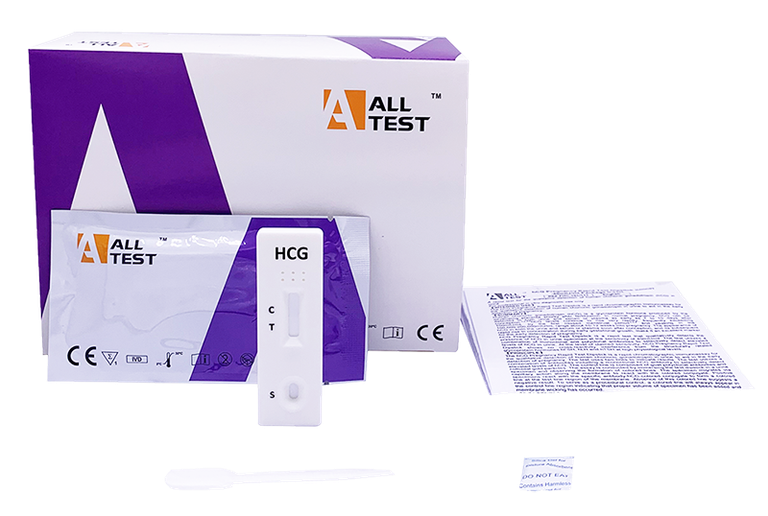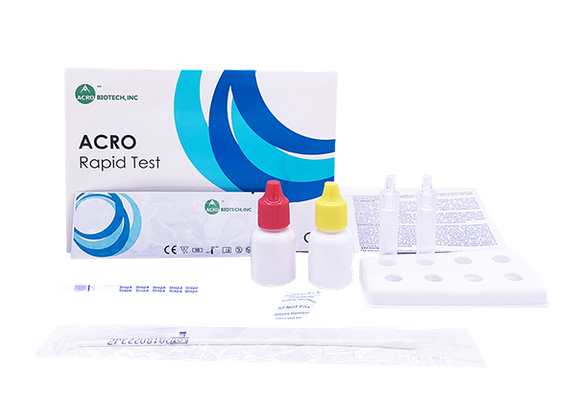QuikRead go iFOBT, proven suitability for Point-of-Care
Faecal haemoglobin is commonly used as a screening tool for colorectal cancer (CRC), but it is also more often used to triage patients with suspected CRC.
In a recent study an analytical evaluation of the quantitative POC FIT systems for use in Point-of-Care (POC) was carried out. Five systems were identified and out of these three, all based on immunoturbidimetric measurement, proceeded to full evaluation.
All three systems performed to their claims and demonstrated good analytical performance, but only two were identified to be potentially suitable for quantitation of f-Hb at the POC. QuikRead go iFOBT was the other of these two. In addition, QuikRead go iFOBT outperformed the other devices in the usability assessment due to its easy portability and fast result time, which is less than 2 minutes.
As this study was an analytical evaluation the study group concludes that clinical studies are required to validate the results in a clinical pathway, ideally against diagnostic outcomes, e.g. colonoscopy or at least as a method comparison against an established laboratory method.
For QuikRead go iFOBT such a study is available from Sweden. In that study the QuikRead go iFOBT results were compared to colonoscopy. The outcome was that its very high negative predictive value of one FIT at cut-off 10 µg Hb/g in QuikRead go iFOBT means that a large proportion (70%) of colonoscopies could potentially be avoided, or at least assigned a lower priority. When one FIT test with a cut-off > 200 µg Hb/g was used, a test identified a delimitated group of 17% of referred patients, almost all having CRC or other important clinical findings.


